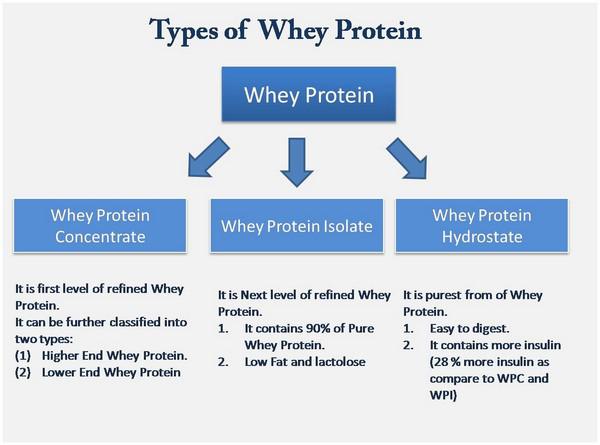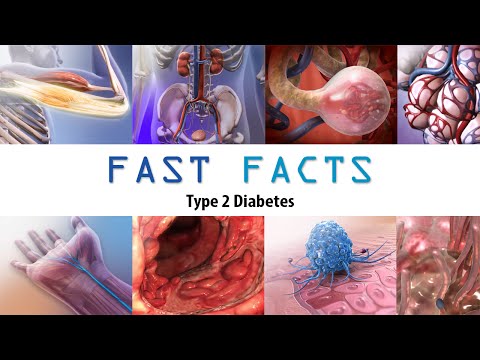Your muscles are sore, sweat is still lingering on your skin, and your heart rate is settling back to normal speed. After your workout, you reach for your whey protein to prepare, as it is one of the best types of protein to consume after a workout. Despite the many debates, whey protein has many benefits to offer as a post-workout choice.
Benefits of Post-Workout Whey Protein
Why Supplement with Whey After Your Workout
Having whey after your workout is a way to heal the body’s muscles, as it adds about 20 to 25 extra grams of protein to your diet. During the workout, your muscles and tissue tear and are technically damaged. Whey aids in repairing the torn muscles and tissue and this causes the muscle to grow and be stronger.
It is best to consume the whey protein no later than two hours after your workout. Whey powder takes an average thirty minutes to digest and hydrolyzed whey protein takes even less time to digest. This is ideal since your body can put the nutrients from the whey to use as soon as possible.

Whey will add to the formation of skin, organs, tendons, hormones, enzymes, and neurotransmitters. Whey is also very effective in stimulating growth in humans. Another benefit is related to weight loss. Whey helps boost metabolism; it may boost metabolism by 80 to 100 calories per day and will cause less calorie intake. In a study published by the National Center for Biotechnology Information stated that if 25% of calories consumed were from protein, cravings were cut by 60 percent.
Additional Benefits of Whey
Whey can also lower blood pressure, blood sugar, and aid in clearing symptoms of stress and depression. Whey protein is also known to reduce the risk of cancer and symptoms of hepatitis as well as increase bone mineral density and strengthen immune functions. Whey protein will maintain blood sugar levels, increasing insulin and controlling its effects. Consuming a whey protein supplement with a meal high in carbohydrates most effectively moderates blood sugar levels. Inflammation can also be treated with whey in high amounts. It will reduce blood levels of C-reactive protein, which stimulates inflammation.
Choosing the Right Whey Supplement
To make the right decision of which whey protein to use, it is important to know the types of whey protein available. Anytime you commit to using a supplement, you need to first make sure you understand the different types as well as the benefits. Determining what supplement works best for your post workout routine will be a decision you should make based on the what you feel is best for your body. Learning the different options is crucial to making an informed decision, so be sure you learn what’s available and then make a decision based on what works best for you.

The first option you will come across is whey protein concentrate. Whey concentrate is not processed as much, and it is thought to be a more natural form of whey. Being less processed, it is actually less pure and has more fat and lactose. This type of whey has less protein than the other types, and it is made up on average of about 70-85% total protein.
Another option, whey protein isolate, has a higher percent of protein and has less lactose and fat. For those who are lactose intolerant, whey isolate is recommended.
Hydrolyzed whey protein is processed enough to break down the protein, breaking it into amino acids. Some research supports that this may allow faster digestion. The National Strength and Conditioning Association claims that whey protein is the highest quality protein source.
All in all, any type of whey protein should provide the desired results as long as they are consumed after working out.
Conclusion
With all of the choices of protein, whey protein is proven to be an ideal option. The post workout benefits are crystal clear. Not only do you have choices about the types of whey to consume, whey protein also offers a wealth of additional health benefits that will certainly go a long way in helping you maintain that healthy lifestyle you are working so hard to establish.








